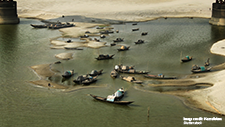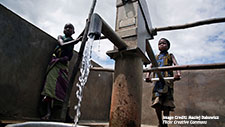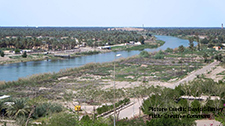
Martina Klimes
Associated Research Fellow
Dr. Martina Klimes is an Associated Research Fellow at ISDP. Her main research focus is on conflict management, negotiation, and third party involvement. Her recent book – Using Carrots to Bring Peace? Negotiation and Third Party Involvement (2016), focuses primarily on the effectiveness of aid conditionality and other external tools that third parties — from states and regional organizations to NGOs — bring to the table in peace negotiations.
Dr. Kilmes previously worked with the project on Conflict Management in Northeast Asia at ISDP and at the Central Asia-Caucasus Institute & Silk Road Studies Program, a joint transatlantic research and policy center. She was also in charge of the Institute’s external relations. Between 2011 and 2012, Dr. Klimes was a Taiwan Fellow at the Institute of International Relations at National Chengchi University in Taipei. Further to that, she worked and conducted research in Singapore and southern Philippines (Muslim Mindanao). She has also contributed to a number of policy outlets on conflict issues in East and Southeast Asia.
Dr. Klimes currently works as an Advisor for Water and Peace at the Stockholm International Water Institute (SIWI) where she is responsible for the Water and Peace portfolio in addition to advising on SIWI’s activities in transboundary basins affected by water scarcity, political tensions, and armed violence. She is a member of the World Water Week Scientific Programme Committee (SPC) for the period 2019 and 2022. She is also a member of the World Water Week Scientific Programme Committee (SPC) for the period 2019 and 2022. Dr. Klimes holds a PhD degree in International Relations.



